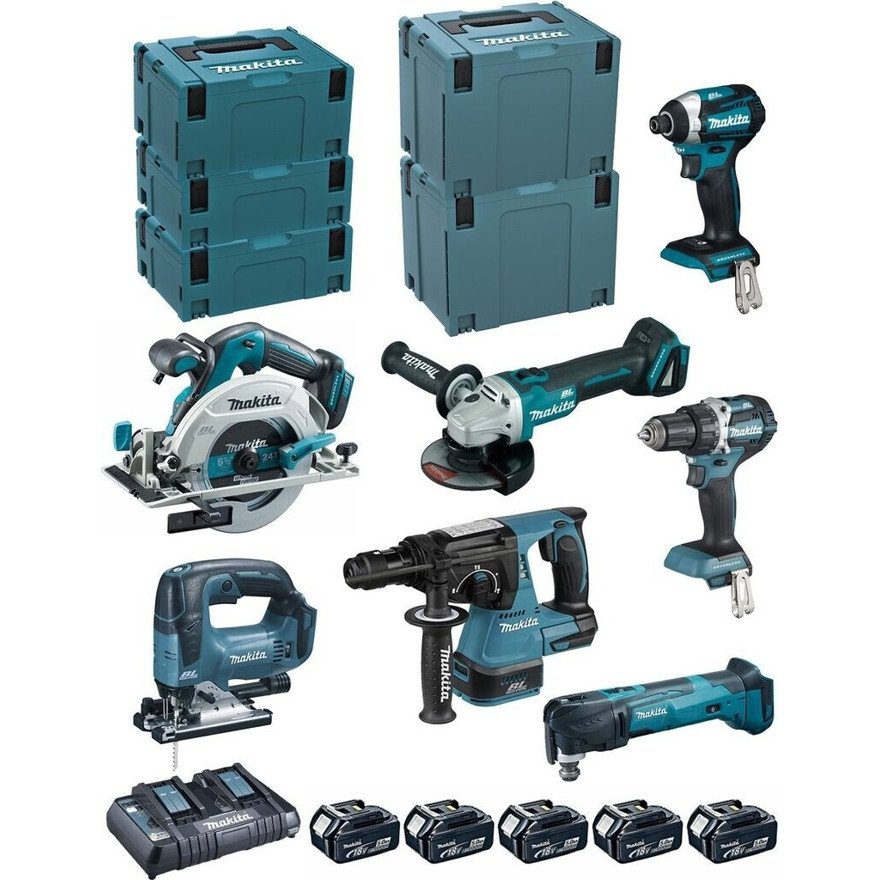The No. 1 Question That Anyone Working In Buy A Jointer Machine Should Know How To Answer
The Essential Guide to Buying a Jointer Machine
When starting any woodworking job, accomplishing flat, smooth boards is essential. A jointer machine is a powerful tool that assists to achieve this task. For woodworking enthusiasts and experts alike, comprehending what a jointer machine is, how it works, and the key factors to consider when purchasing one can considerably boost your woodworking experience.
What is a Jointer Machine?
A jointer machine is a woodworking tool that smoothens, flattens, and corrects the edges and faces of lumber. It consists of a flat table, a spinning cutter head with numerous sharp blades, and a fence that guides the board through the cutting process. By getting Hobelmaschine Kombigerät of material from the surface of the wood, a jointer brings it down to an even thickness and develops a straight edge, which is important for joinery in furniture-making and cabinetry.
Benefits of Using a Jointer Machine
Advantage
Description
Accuracy Cutting
Produces flat and straight surface areas for tighter joints.
Material Preparation
Prepares wood for additional machining processes like planing.
Time Efficiency
Accelerate the preparation of lumber compared to hand tools.
Adaptability
Can be used for various types of wood and joinery jobs.
Kinds Of Jointer Machines
When considering the purchase of a jointer machine, it's important to know the different types offered on the marketplace:
Benchtop Jointers
- Description: Compact and lightweight, these are perfect for enthusiasts with restricted area.
- Pros: Affordable, portable, easy to store.
- Cons: Smaller cutting capability.
Floor-Standing Jointers
- Description: Larger and more powerful, appropriate for professional woodworkers.
- Pros: Greater stability, larger cutting capability, and more robust motors.
- Cons: Higher cost, needs more shop area.
Spindle Jointers
- Description: These devices have a spindle-mounted cutter head to produce numerous profiles on the edges of wood.
- Pros: Versatile for edge profiling.
- Cons: More complex and costly than standard jointers.
Key Considerations When Buying a Jointer Machine
Selecting the ideal jointer machine for your workshop can be challenging, specifically with such a variety of alternatives available. Here are the vital aspects to think about:
Factor
Description
Size and Portability
Consider your office; choose a size that fits comfortably.
Cutting Width
Evaluate the optimum width of wood you will work with.
Table Length
Longer tables provide much better support for longer boards.
Motor Power
Higher horse power suggests the machine can manage more difficult woods.
Cutter Head Configuration
Try to find adjustable cutter heads for flexible cuts.
Price
Budget plan considerations differ commonly; balance expense with features needed.
Brand name Reputation
Research study brands to make sure reliability, toughness, and client service.
Guarantee and Support
Consider the service warranty duration and the accessibility of customer service.
Where to Buy a Jointer Machine
When searching to acquire a jointer, multiple avenues are readily available:
Local Hardware Stores
- Great for immediate purchases and hands-on experience with the tools.
Specialty Woodworking Stores
- Often have knowledgeable staff who can assist you discover the ideal machine.
Online Retailers
- Websites such as Amazon, Woodcraft, or Rockler offer a broad choice, typically with client evaluations.
Second-Hand Market
- Inspect platforms such as Craigslist or Facebook Marketplace for utilized makers at a lower price.
Regularly Asked Questions
What size jointer should I buy?
The size of the jointer machine mainly depends on the type of projects you plan to undertake. For most home woodworkers, a jointer with a cutting width of 6 to 8 inches suffices. Nevertheless, experts might need jointers with larger choices.
Can I use a jointer on hardwood?
Yes, jointers are designed to handle both softwoods and hardwoods. If using thick woods, guarantee the machine has a sufficient motor size for efficient cutting.
How typically should I alter the knives on a jointer?
It is suggested to check the condition of the knives frequently. For many projects, a modification is required after every 10-15 hours of use, depending upon the kind of wood and finish quality you anticipate.
Is a jointer the like a planer?
No, a jointer is mainly used to flatten and straighten boards, while a planer brings wood down to a consistent thickness throughout its entire surface area. Both tools are typically used in conjunction to prepare lumber for jobs.
Can I do edge jointing with a smaller jointer?
Yes, a smaller benchtop jointer can still perform edge jointing efficiently. Nevertheless, attaining a completely flat edge might require more passes, particularly with wider boards.
A jointer machine is a vital tool for any woodworker aiming to produce quality outcomes. By understanding the different types of jointers, essential purchasing aspects, and the associated advantages, one can invest sensibly in this essential piece of equipment. Ultimately, buying a jointer not just enhances effectiveness but also considerably improves the total quality of woodworking jobs, making it a worthwhile addition to any workshop.
As you browse different choices, reflect on your current and future woodworking requires to pick the jointer that best meets those requirements. Happy woodworking!
